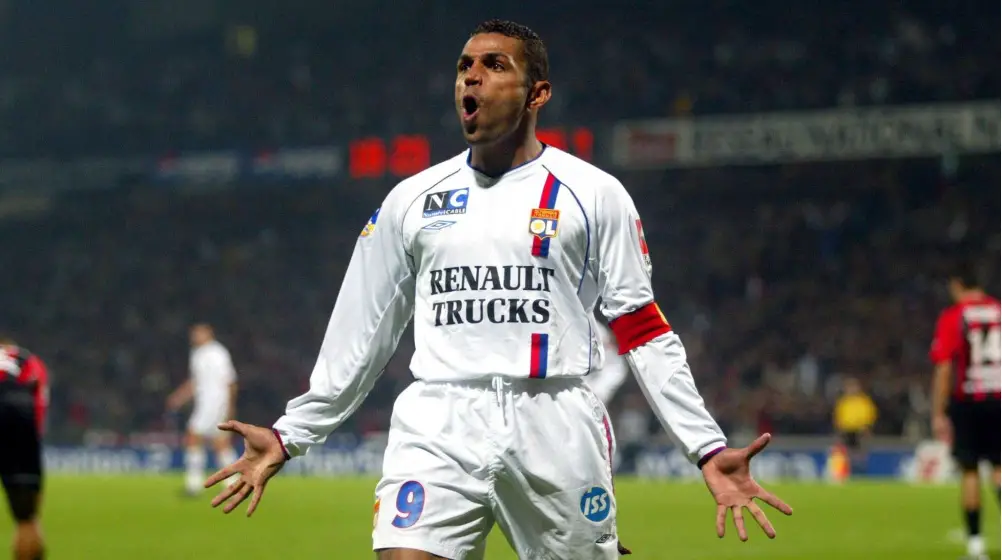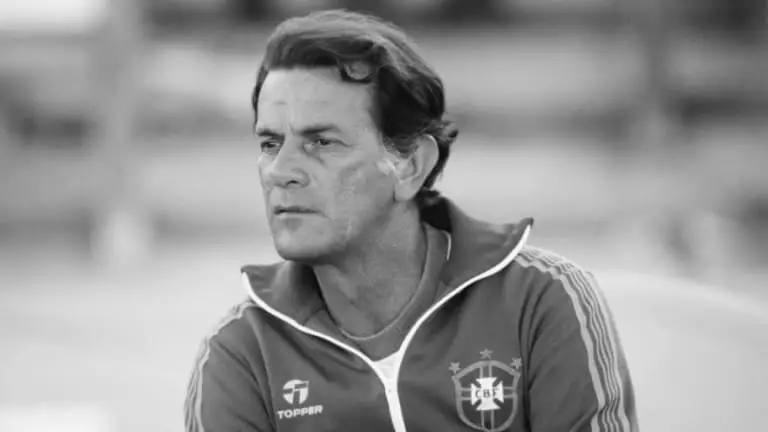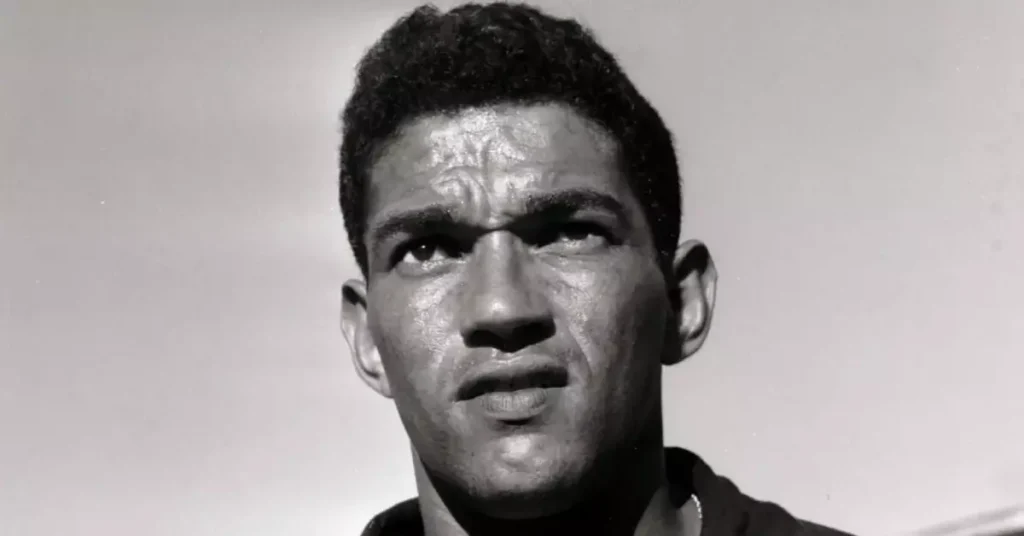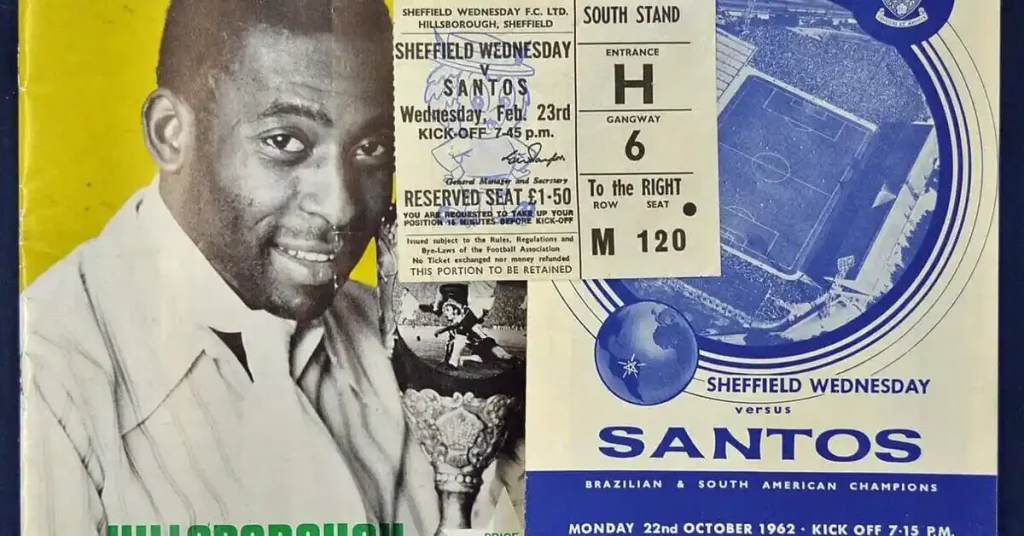Anderson da Silva; known better as Sonny Anderson, is a name largely unheard of considering his contributions to the highest tier of clubs at the highest levels. A prolific goalscorer throughout the different leagues he graced, his skillful playstyle, agility on the ball and intelligent play off of it meant he left a mark on any team he graced. Where then, did Sonny Anderson’s career begin?
Beginnings
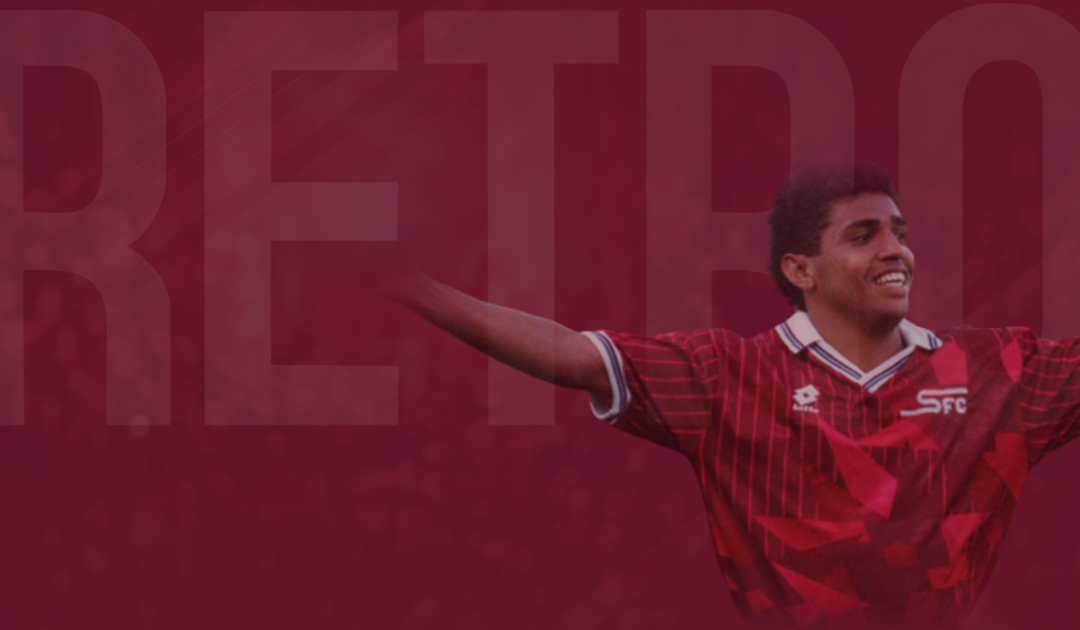
Though he had the ability, the timing clearly wasn’t right; José Roberto Gama de Oliveira and Aguinaldo Luiz Sorato – Bebeto and Sorato – were the chief strikeforce at Vasco and ran the field, their experience evident. With eighteen appearances and no goals in his final season with Vasco, he was transferred to Guarani.
Sonny Anderson made a marked improvement from his previous season, settling into his new side with some more game experience behind him. He netted four league goals in the single season he spent with the side, appearing in the same amount of games as his previous season with eighteen.
As the season drew to a close Anderson was transferred again and began the most illustrious part of his career, playing outside of Brazil; he joined Swiss club Servette FC for the 1992 season, and his impact was instant.
The 1992-93 Nationalliga A season started with a bang, in less than half a season, Sonny
Anderson had netted eleven goals; among these, he enjoyed two braces and his first hattrick, his deep-rooted Brazilian playstyle clearly paying dividends in a nation largely inexperienced with such play.
The second half of the season saw a slight drop in form from his strong start, with Anderson ending the season with eighteen goals in thirty-five appearances. Servette had ended their campaign third, laying the groundwork for a stronger push the next season.
In the ‘93-’94 campaign, Anderson matched his previous season tally of eleven goals in sixteen games.
He failed to score in his last two appearances, and during the winter break saw a transfer to the higher echelons of global football, Ligue 1. Servette finished the season as eventual league champions, spurred on by the efforts of Sonny Anderson in the first half as he made his way to Olympique de Marseille in France.
Proliferation
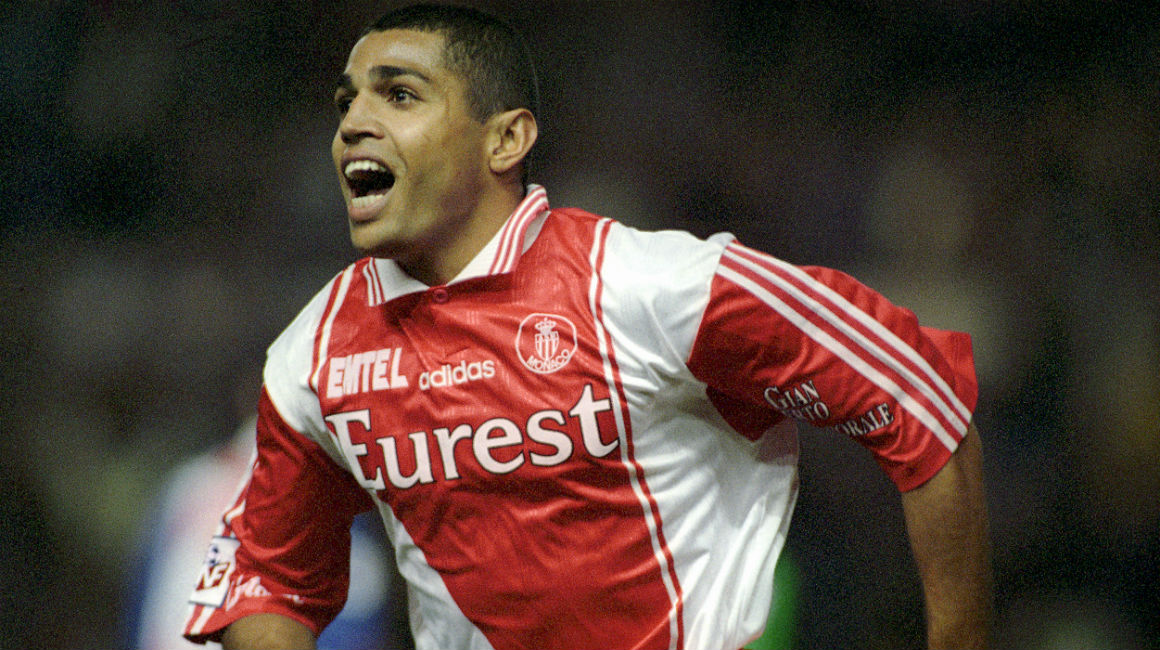
Making twenty league appearances in his six-month spell with the French outfit, his now-cemented ability in front of goal shone as he bagged sixteen goals and assisted four. I’ll say that again, sixteen goals and four assists in twenty appearances. Vasco had opted to not renew his contract as he failed to score in eighteen yet three years later Anderson statistically scored or assisted in every game he played for Marseille. An insane transformation.
Following Marseille’s relegation to Ligue 2 for match-fixing, Sonny’s career remained in Ligue 1. AS Monaco were unwilling to let a newfound goal-scoring machine recess to the lower leagues and snapped him up for €8.25m.
His first season with the Monegasque outfit was a rocky one as Monaco finished sixth in the league, but once he’d settled he was better than ever.
His second season in 1995-96 rolled around and the results showed a marked improvement – third in the league, four points behind champions Auxerre with Anderson as the league top scorer with twenty-one.
And so came his final season with AS Monaco, and it was his best yet. Third highest goal scorer with nineteen, two assists and Monaco secured the title early, closing the season with a twelve-point lead over runner-ups Paris Saint-Germain. Sonny Anderson was named player of the season and finally had a league title to his name and with it came a transfer to arguably the most illustrious club in the world – FC Barcelona.
Now with the Catalonian giants, Anderson’s drop in scoring rate may signify a drop in form, but if anything it was the opposite.
Now with world-class players alongside him, notably forwards Luis Enrique and Rivaldo, the pressure was spread across the whole attack; a great mover off the ball, Anderson’s gift of finding empty space made him a menace for opposing defences and allowed him to either receive a pass and score or to pass himself.
He ended the season having played 1,745 minutes, scoring ten goals with four assists in twenty-three appearances as he assisted Barcelona to their 1997-98 league title and subsequently the double. As Rivaldo left, Patrick Kluivert joined in his stead and Anderson now had to fight for minutes.
A French Return
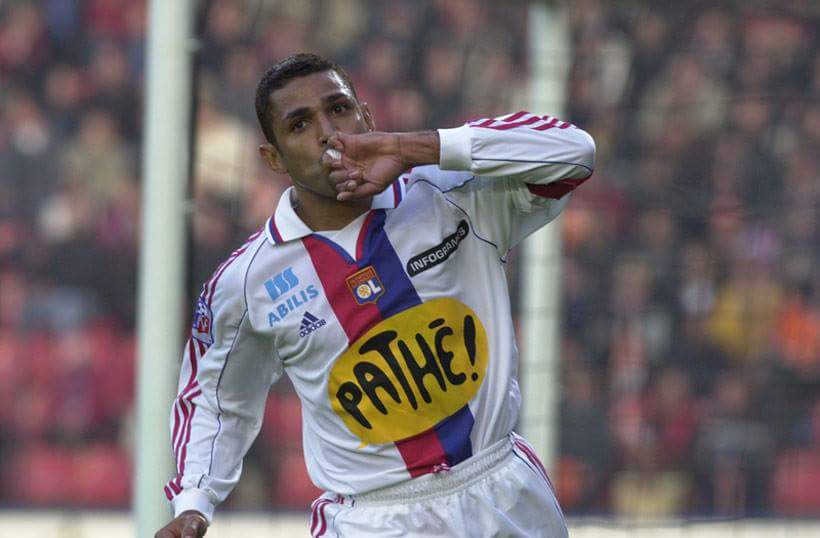
Back in France, Anderson found himself settling into the rising Lyon rapidly. At the end of the season, Lyon sat third behind Paris and champions Monaco, and Sonny was back to his old ways as he secured the top goalscorer honours with twenty-three in the 1999-2000 season.
The season following Lyon finished second – one position higher than the year previous and four points behind Nantes, a sign of things to come for their next campaign; Anderson was once again the top scorer for the season with twenty-two as he continued to lead the French assault. Now thirty, Sonny Anderson was in his prime and entered the 2001-02 Ligue 1 season with one thing on his mind – victory.
Sonny ended the season with fourteen goals, placing him tied for fifth for most scored. Where he slightly lacked in goals this season he made up with presence, oppositions were aware of his record and feared him, marking him heavily; this often left players out of position and allowed for the remaining Lyon attack to play around their mistakes and capitalise.
At season end, Lyon sat two points above Lens and secured their first top-flight title in club history. His final season at Lyon followed and Anderson planned to cement his legacy with a consecutive league title, and cement his legacy he did.
Juninho Pernambucano’s arrival at the back end of the previous season saw a prolific partnership with the two combining for twenty-five league goals; though Anderson wasn’t scoring like he used to due to a more selfless playstyle, he still netted a resectable twelve.
Lyon finished the season as champions for the second season running, and his impact on general teamplay and tactics left such a mark that Lyon won a further five in a row to total seven consecutive titles. Complete dominance. He left Lyon in the summer of 2003, signing off his illustrious career in France on a high note and moving to Villarreal on a free transfer.
Later Career
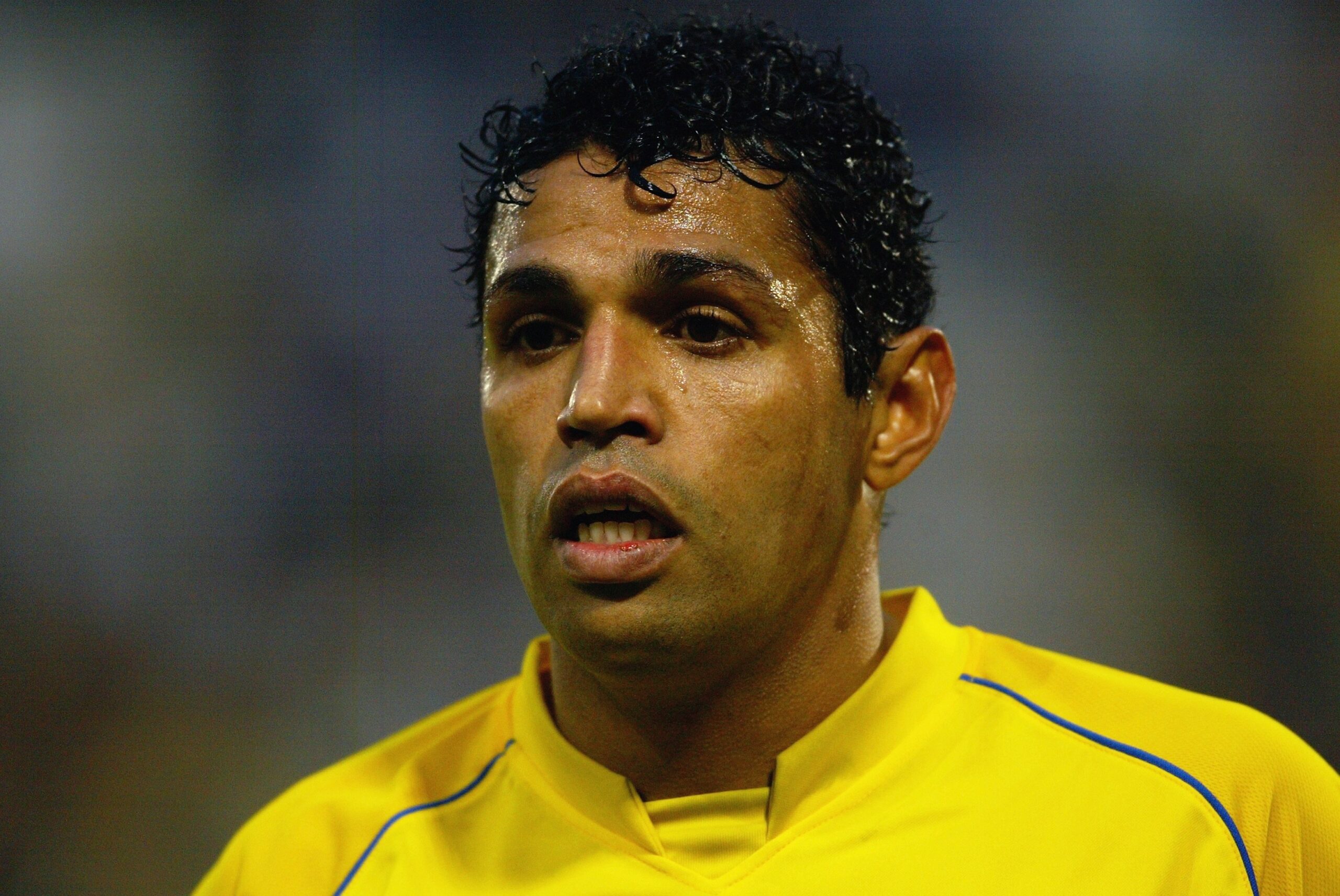
Villarreal suffered from a weaker squad than they’d have liked and finished the season in eighth, twenty-three points behind champions Valencia. He helped them reach the semifinals in Europe, a draw they lost 1-0 over two legs to eventual champions and double-winners Valencia.
With six goals he was joint highest scorer for the competition, his net-finding form still showing signs and was instrumental to their placement in Europe the following season as they won the 2004 Intertoto Cup.
From here Anderson transferred to Qatar to play out the final two years of his career, playing for Al-Rayyan for a season, scoring twenty-four in twenty but failing to secure a league win.
He transferred to Al-Gharafa for a final stint in Qatar before announcing his retirement at the end of the season in 2006, returning to Lyon to help the upcoming strikers
